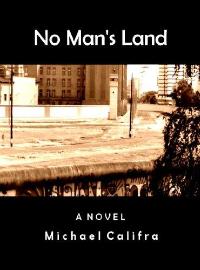It was a beautiful dream, as compelling and just as any in history – yet unattainable. Realizing it meant overcoming entrenched ideological and political divisions that had split a city and the world for half a century. Then it happened, overnight and without warning. And nothing would ever be as it was before.
Berlin, 1989. Richard, an expatriate American, is working a profitable yet “pointless” job selling software for a small U.S. firm in West Berlin. Among his companions are Katarina Weber, a married mother whose hedonistic escapades help distract Richard from the emptiness of his existence; Knut Heino, a theology student who considers work the consequence of original sin and aims to avoid it by entering the priesthood; and Klaus, a former East German border guard who fled over the Wall and could never adjust to life in the West. Stranded in the isolated enclave of West Berlin without the means to leave, Klaus asks Richard for a favor that requires an excursion to the East German capital. There he meets Traudi Franzke, a young nurse addicted to the Communist ideals inherited at an early age from her father. The relationship that ensues between Richard and Traudi, separated from reality by the notorious concrete border, exposes hopes long since betrayed but clung to, nevertheless. Throughout that momentous year, Richard straddles the two distinct worlds of East and West Berlin until events send them careening toward a collision, completing a journey from an age of ideology to the “end of history.”





